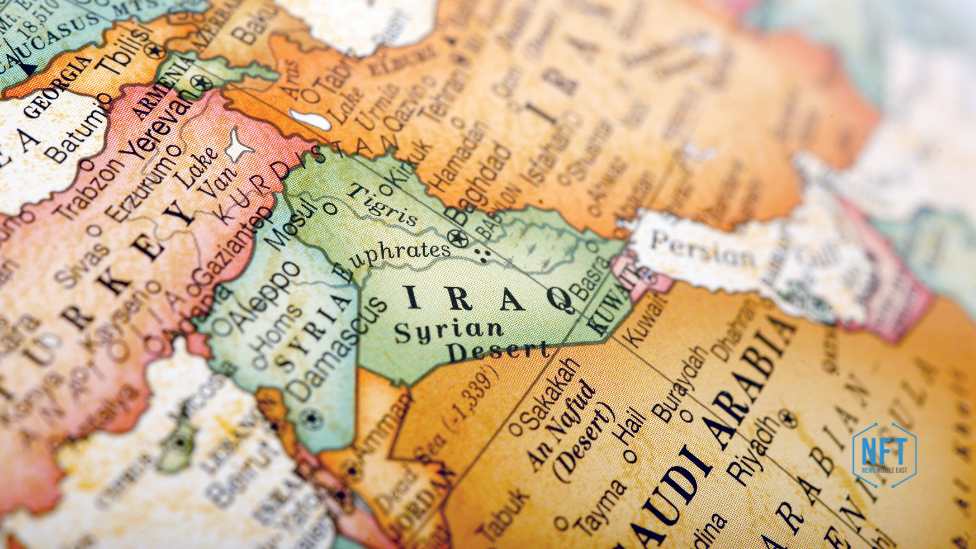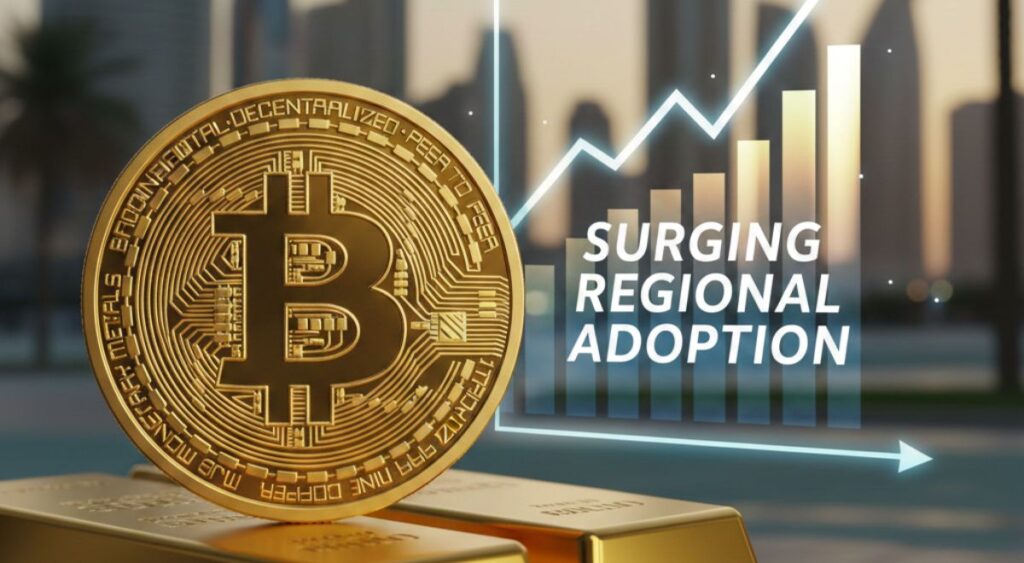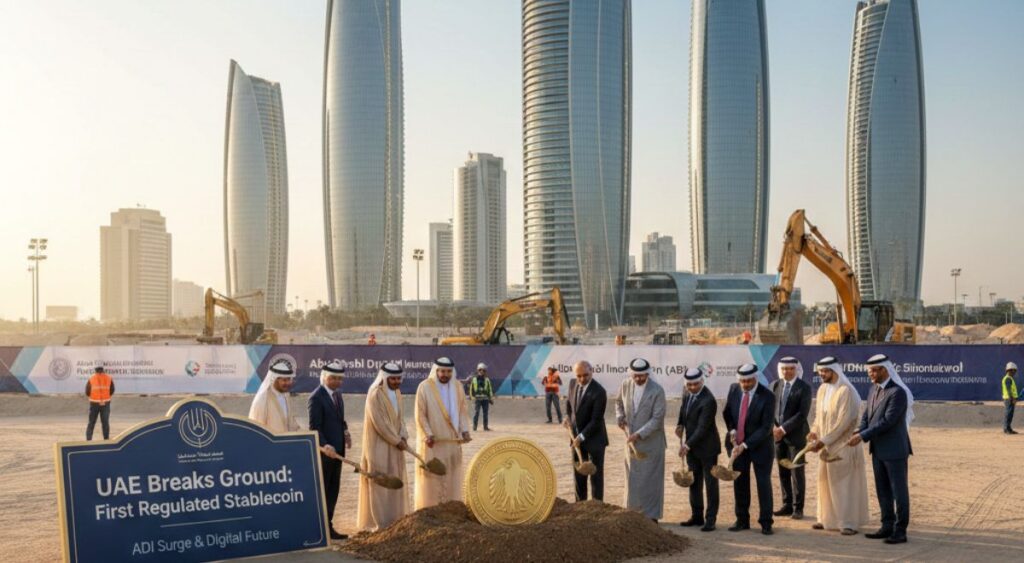Several Middle Eastern countries rapidly embraced Non-fungible tokens (NFTs) and crypto assets.
The Middle East has a unique regulatory environment for NFTs. Different countries have different regulations and bodies that oversee the use and trade of digital assets.
UAE
The United Arab Emirates regulates NFTs based on their actual use rather than only their planned purpose. For example, a cryptocurrency asset is likely to be categorized as a financial instrument and subject to applicable securities legislation in the UAE if it achieves popularity and is traded primarily for investment reasons. This flexible, usage-based strategy makes it possible to regulate digital assets—including NFTs—in a more sophisticated manner.
The Abu Dhabi Global Market (ADGM) is a leading player in the UAE’s digital asset market. Any digitally transferable representation of value acting as a store of value, a unit of account, or a medium of exchange is included in its broad definition of virtual assets. However, the Financial Services Regulatory Authority (FSRA) of ADGM expressly targets regulations towards cryptocurrencies, digital assets, stablecoins, and related derivatives, excluding utility tokens lacking the qualities of regulated investments, despite this broad scope that could encompass NFTs.
The Securities and Commodities Authority (SCA) and the Central Bank are part of the regulatory framework of the United Arab Emirates. NFTs are not covered by the Central Bank’s rules, which are mainly focused on crypto assets acting as stored value facilities. On the other hand, as long as they are listed and traded on a regulated market, the SCA’s laws include numerous cryptocurrency assets, regardless of whether they qualify as securities or not.
Qatar
Particularly in its banking sectors, Qatar has taken a very conservative stance when it comes to digital assets. 2020 saw the complete prohibition of virtual asset services in the Qatar Financial Centre (QFC) by the Qatar Financial Centre Regulatory Authority (QFCRA). With regard to trading, payments, and investments in digital assets, this prohibition essentially forbids their acknowledgment and use as virtual currencies inside the QFC. Token securities-related digital asset services are an exception, however, and they provide a limited range of applications for digital asset activities.
The proposed Qatar Digital Assets Framework complicates Qatar’s position on digital assets. This framework seeks to provide legal recognition for digital assets. It focuses on areas such as ownership rights, custody agreements, transfer procedures, and the selling and exchange of digital assets. Also, it raises the possibility of a future in which Qatar’s financial system will define and regulate digital assets more precisely.
Saudi Arabia
Saudi Arabia does not have any formal NFT regulations. Although the lack of official norms breeds ambiguity, it also leaves up the possibility of future expansion within the industry and flexible interpretations. However, the absence of specific restrictions does not mean that the new technology is being completely disregarded; rather, it means that the regulatory bodies are taking some time to observe and evaluate it.
Turkey
The way Turkey approaches NFTs is largely influenced by the way the Digital Transformation Office of the Presidency classifies them as “qualified intellectual property deeds.” According to this perspective, NFTs are recognized as assets that reflect ownership and rights over digital material and are classified under intellectual property (IP). This IP-based viewpoint validates NFTs’ position in the digital economy. Furthermore, it recognizes their worth by bringing them into line with more traditional IP forms.
Takeaways
Middle Eastern countries have varying views about NFTs. While some countries did not create a viable environment for NFTs and other crypto assets, others adopted digital assets. Hence, the NFT regulations vary in the region
















